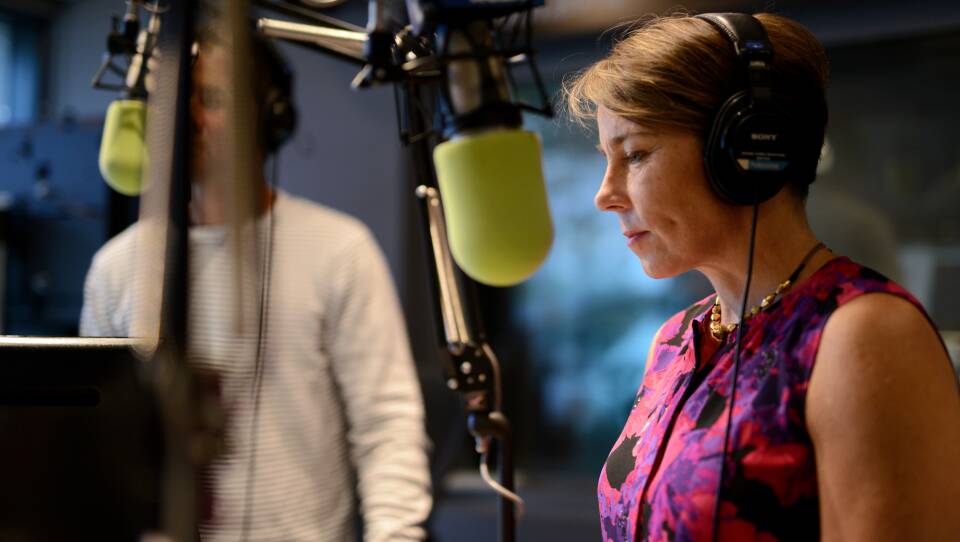Attorney General Maura Healey said Thursday on Boston Public Radio that, if elected governor, she would veto any effort by the Legislature to divert funds raised by the so-called millionaires tax away from their intended purpose of bolstering state education and transportation spending.
That, of course, is a double “if”: It assumes that Democrat Healey will win the Nov. 8 election against Republican Geoff Diehl (the polls suggest she will ), and that voters approve Ballot Question 1, which would levy a surtax on individuals’ annual income exceeding $1 million (again, the polls favor a “yes” vote ).
“In order to have the kind of infrastructure, transportation and education that we should have here in the state, we need sustained revenue,” Healey said. “We need revenue that we can count on. And that's the whole point of question one.”
Critics of the Ballot Question 1 surtax charge that there is no guarantee that the Legislature will spend addititonal funds raised by the surtax of education or transportation.
On the state-level family tax credit:
Another brick in Healey’s tax policy platform is a proposed $600 child tax credit , which she has said will combat inflation by putting money back into the pockets of families. This plan would essentially expand the previous $700 million in proposed tax cuts by current Gov. Charlie Baker, which focuses on low-income residents and seniors, bringing the theoretical grand total to over a billion dollars.
Healey maintained that these cuts are essential for communities in Massachusetts that have been squeezed in the aftermath of COVID-19 and who are facing rising inflation.
“It goes towards helping make life more affordable for families around the state. I think the cost of not doing it is what is going to hurt us,” Healey said. “We have a chance through appropriate tax reform to make decisions that are going to make sure that we are doing what we can to cut the cost of living for folks.”
In response to a question about how her administration would be able to support so many tax cuts, Healey he pointed to a multi-billion dollar surplus of funds in the state and restated the necessity of the funding infrastructure.
“The money is there,” she said. “I think that, big picture, we need to recognize the kinds of investments that we need to make. We need to have housing. We need to have transportation. We need to have education. So I absolutely think the money is there. There's a way to do it.”
On climate:
Healey also underscored her commitment to creating climate-friendly opportunities in the commonwealth, reiterating the need to shift away from fossil fuels and expand the state’s energy portfolio.
“The reason that we are in the fix that we are in is because we are so dependent on and subject to world markets and what's happening with fossil fuels,” Healey said. “I've said that we're going to create a climate corridor that stretches all the way from the Berkshires to New Bedford with tens of thousands of green jobs.”
“People may not realize all of the innovation, the technology that's going to power our planet away from fossil fuels. So much of it is being developed right here in Massachusetts. We've got wind, we've got solar, we've got battery storage. ... It’s an incredibly exciting time.”




